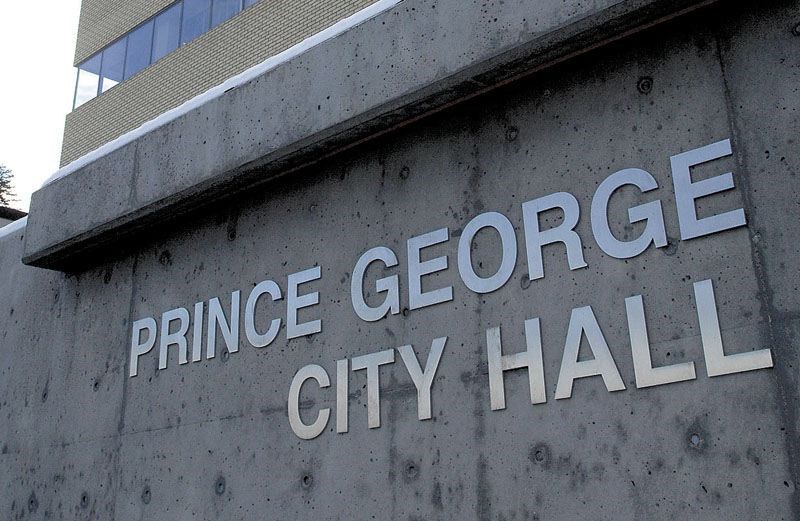There could be further changes coming to the rules guiding who doesn't have to pay property taxes.
Every year, the city grants permissive tax exemptions to certain organizations such as churches, private schools and municipal tenants who meet criteria set out in the Community Charter and the city's own guidelines.
On Monday night, city council will be asked to approve the 2016 list, but there are some additional groups who made unsuccessful applications that the finance and audit committee decided warranted further conversation.
At a previous meeting, the committee pushed for discussion at the council level for consideration of applications by groups not recommended for approval by staff.
Two organizations hadn't yet moved into new buildings at the time of application. One, the Prince George Brain Injured Group, took occupancy as of Aug. 31, so they've already been added to the exemption list since the Aug. 31 committee meeting. The other, Prince George Native Friendship Centre's Ketso Yoh Men's Society Shelter, won't move in until January or February next year.
PG Metis Housing Society was not recommended for approval because their service is not targeted toward a special group with "special needs" outside of low-income individuals.
Prince George Lodge Loyal Order of the Moose's community hall applied for an exemption, but staff said the space is rented out to raise funds for the hall as opposed to special programming or service delivery.
Thrift stores pose a question for city council to work through. Salvation Army's thrift store as well as the store at St. Michael and All Angels Church applied for exemptions, but they were not on the recommended approval list because they are commercial activity.
The Prince George Farmer's Market Association was also recommended for denial because though the association is a non-profit, the vendors who set up within the space are commercial entities.
Adding these groups to the permissive tax exemptions list is difficult with the Oct. 31 deadline mandated by the province. The other option would cost $37,618 if the city provided them with a grant.
More than $1.5 million in tax exemptions has already been recommended for approval.
When the list was first presented to the finance and audit committee last month, members of council in attendance expressed an interest in having a more fulsome discussion about thrift stores, especially those operated by non-profits and charities.
"We have churches who are running thrift stores and BC Assessment will go in and assess the taxable piece on the actual thrift store, seeing it as a for-profit business," said Mayor Lyn Hall during the committee meeting. "Well, let's be realistic about this. In those places, they're selling things for 25 cents, 50 cents - their amount of income is negligible."
Financial staff consulted with 14 other B.C. municipalities regarding their procedure for dealing with thrift stores. Out of those 14, five communities exempted thrift stores.
Finance director Kris Dalio said the main concern isn't the dollar figure of property taxes not collected, but that there is fair treatment across the board.
"I realize Value Village is a for-profit organization, but ultimately they have a thrift store and that's what they do. Are we providing financial assistance to somebody else over them?" Dalio told the committee. "So it's those kind of inconsistencies that we find as administration and we need to make sure we're being as fair as we can."



